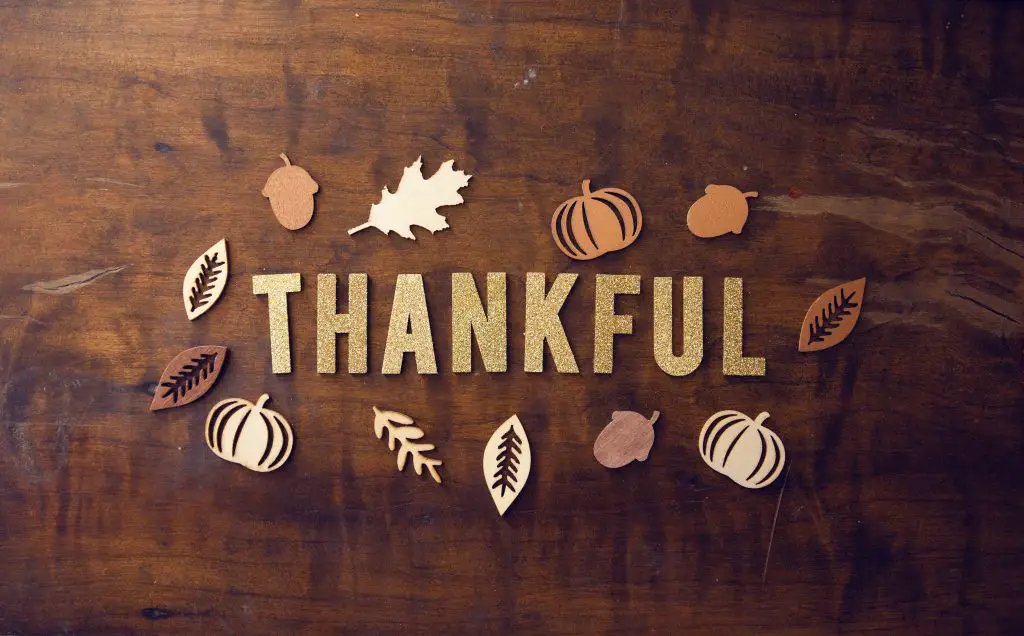
According to the Kaiser Family Foundation (KFF), “About a quarter (26 percent) of U.S. adults ages 18-64 say they or someone in their household had problems paying or an inability to pay medical bills in the past 12 months. Now think about these same statistics as people age. With age, health care needs and costs tend to increase. This potentially means more personal indebtedness for those with health care issues.
 We all know at least one person that takes being “a penny pincher” to a whole new level. The ones that buy the cheapest toilet paper and pull the 2 sheets apart to make 2 rolls or the one that buys paper plates and tries to wash them.
We all know at least one person that takes being “a penny pincher” to a whole new level. The ones that buy the cheapest toilet paper and pull the 2 sheets apart to make 2 rolls or the one that buys paper plates and tries to wash them.





